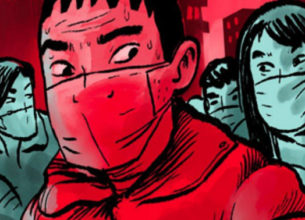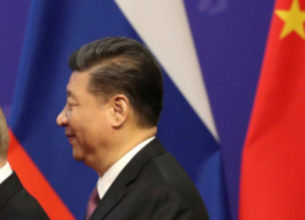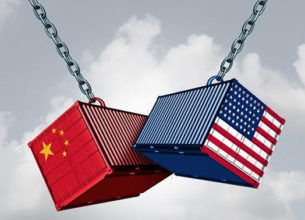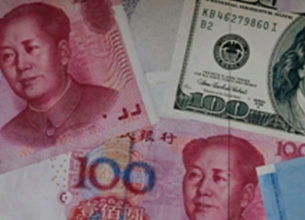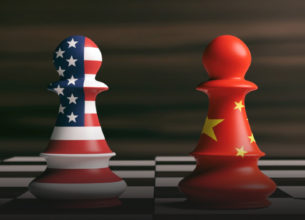BELT AND ROAD 2.0
08, May 2019
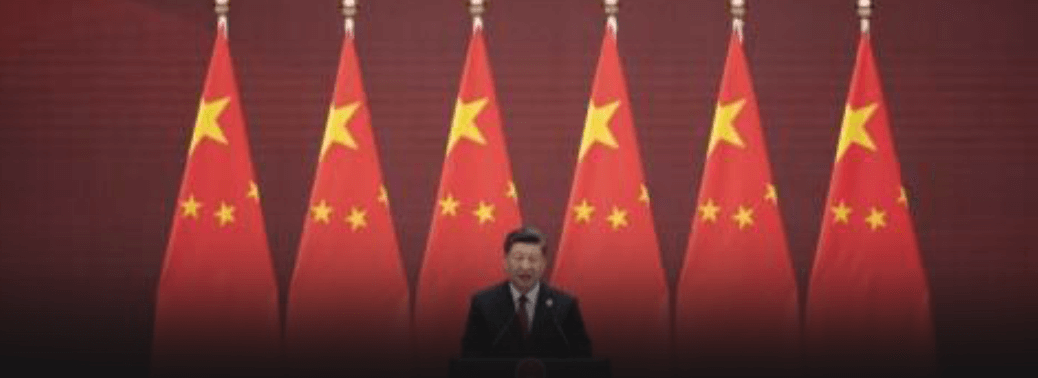
Prelims level : International
Mains level : Governance, Constitution, Polity, Social Justice and International Relations
Why in News:
- With the second Belt and Road Forum, a paradox is now apparent at the heart of the initiative.
Details:
- Six years after it was unveiled, China’s Belt and Road Initiative (BRI) assumes another avatar. In its initial form, it was all things to all people, a catch-all for China’s international engagement. The first concerned domestic economics: exporting surplus industrial capacity and cash reserves overseas to keep China’s economy humming, its industrial output flowing, and its employment levels high.
- The second concerned domestic politics: a signature foreign initiative to associate with Chinese President Xi Jinping. The third concerned security: stabilising Western provinces
- and the Eurasian hinterland. And the fourth concerned strategy: leveraging China’s new- found economic heft for political objectives in Asia, Africa, Europe, and the Indian and Pacific Oceans, and creating new standards and institutions in a bid to challenge U.S. leadership. As the second Belt and Road Forum (BRF) concludes, a paradox has become apparent at the heart of its ambitious initiative. On the one hand, there has been a strong backlash. The economic viability of Chinese projects is now viewed with considerable scrutiny.
- security concerns have begun to predominate as far afield as in the European Union, the South Pacific and Canada.
The Belt and Road Initiative
- The Belt and Road Initiative is a Chinese foreign policy initiative promoted by president Xi Jinping in 2013. Initially the idea of Silk Road Economic Belt (SREB) and Maritime Silk Road (MSR) was put forward. Subsequently, the two projects together came to be known as ‘One Belt One Road’ (OBOR) Initiative. Later, it came to be known as Belt and Road Initiative (BRI). Aim of BRI. Build a trade, investment, and infrastructure network connecting Asia with Europe and Africa along the ancient trade routes. The Communist Party of China (CPC) has incorporated Belt and Road Initiative into the Chinese Constitution.
India and BRI
- India has opposed the BRI and did not attend the 2017 BRI Summit held in Beijing. It cited issues of sovereignty, transparency and unilateral decision making.



